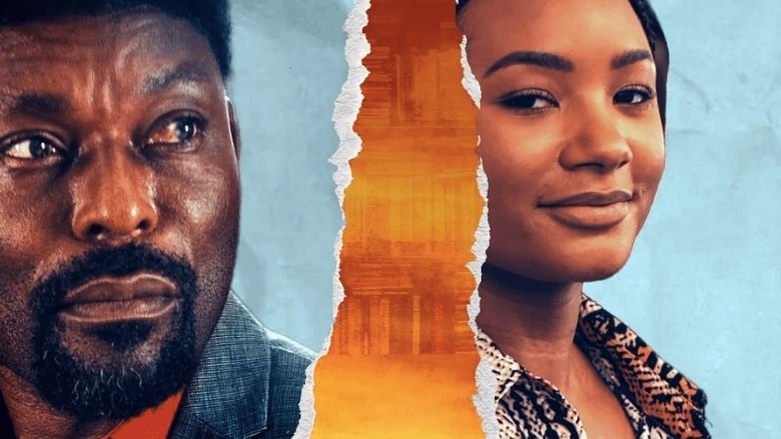As a woman and feminist, I anticipated the release of Citation, especially after seeing its stellar trailer. Look, it is not your everyday Nigerian film, it doesn’t even come close. For one, it is centered on a major societal issue that rarely gets this type of attention. Plus, it was directed by Kunle Afolayan. What’s more, it introduced an interesting new player in Nollywood’s cast of characters: Temi Otedola. How awesome is that?!
Themes
I remember watching the film the day it was released with so much trepidation and curiosity. I was eager to see how this familiar yet uncharted territory of a story would be told, how each character would convey the message, and most importantly, its resolution.
The trailer dives us straight into the plot of the movie- sexual harassment and abuse that happens in tertiary institutions. But what I wanted to know was if Kunle Afolayan, unlike the Nigerian society would give victims like Moremi Oluwa victory in the form of justice.
The storyline is one I think we are familiar with all too well, one we have heard, read, and maybe even experienced. A University lecturer with a pattern of abuse and predatory behavior seeks out young and impressionable female students, cultivating a relationship with them where he leverages his niceness which comes in the form of academic guidance. He eventually manipulates his relationship with them by demanding for sex.
A Common Predicament
This predicament is common in Nigerian Universities, a simple google search will point you to the names of institutions and lecturers who have been found wanting, the most prominent case was the one showcased via the Sex for Grades documentary produced by Kiki Mordi.
In many situations, predatory lecturers like Lucien N’Dyare become vindictive when they are rejected. They deliberately seek ways to fail the student and deprive them of moving forward academically. They might even continue to do so for as long as you say no to them because they believe that, “there is nothing you can do about it.” Which is not a complete lie. Take for instance, the backstory that ushered us into the film where students took matters into their hands.
It is the complete lack of faith in the school’s system, the ingrained fear that if you come out to tell a story such as this, you will encounter a lot of Osagies who are within the system but whom the system would never believe.
However, for all that it did in exposing sexual predation, the film gives us hope in the possibility of justice. And even where that is arbitrary, it helps us better understand the dynamics of power relationships in those settings. As put succinctly by the cast lawyer: “there is a thin line between wooing and oppression, especially when one party has power over the other.”
